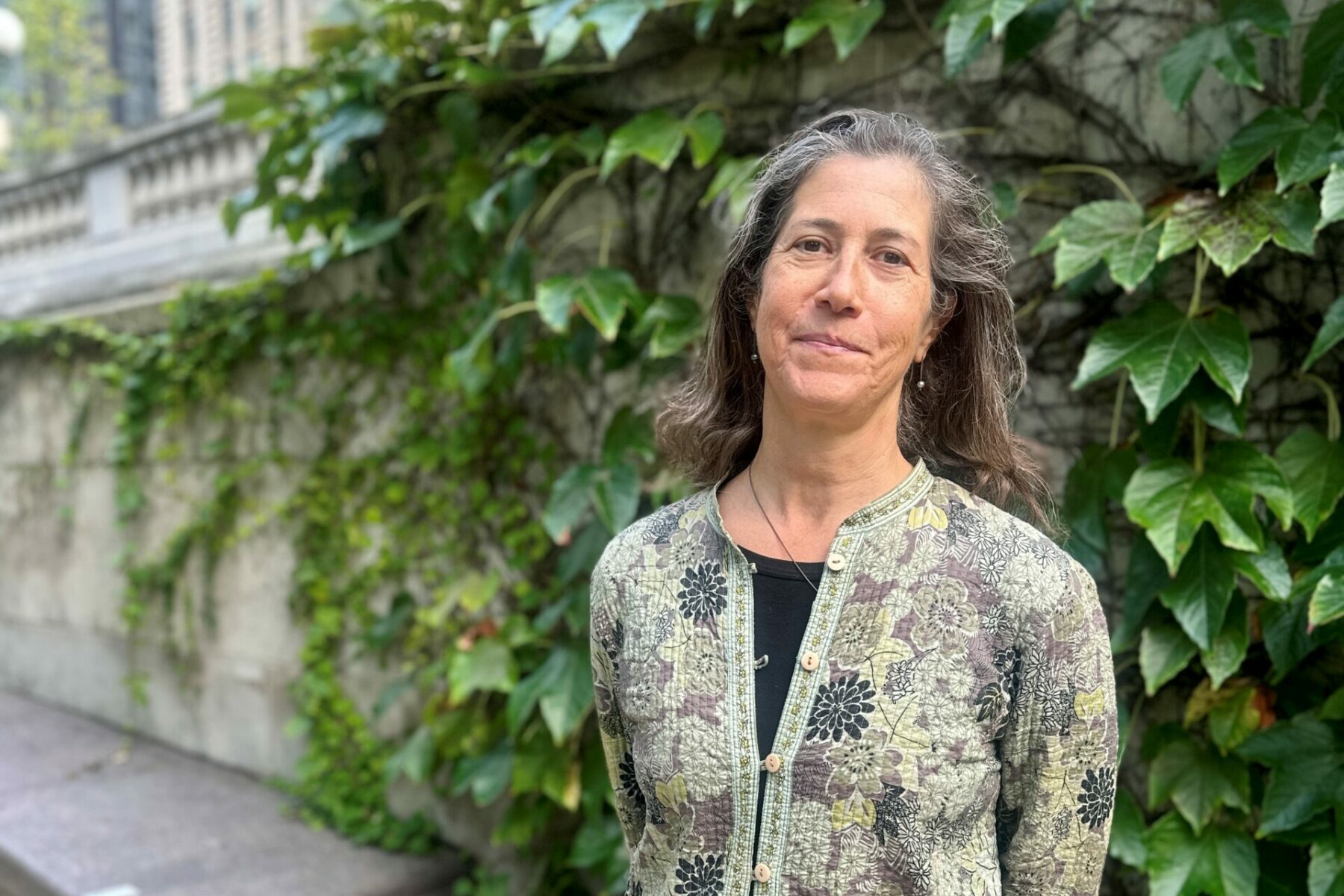December 04, 2019
Censoring Science at the EPA Threatens Public Health
The Trump administration is churning through rollbacks of public health protections on an almost daily basis.
Whether it is protecting our climate, clean air, or water, this administration has set its sights on undermining sensible standards in favor of polluters.
Last week, ELPC joined colleagues from the League of Conservation Voters, the National Parks Conservation Association and Earthjustice in a meeting with the White House’s Office of Management and Budget (OMB) to urge the administration to stop its efforts to censor science.
This particular rule titled “Strengthening Transparency in Regulatory Science,” has been in the works since the spring of 2018. EPA’s initial effort, the work of former EPA Administrator Scott Pruitt, was intended to constrain or censor the science EPA will consider in setting public health standards. The first draft was so deeply flawed, EPA could not issue a final rule. Rather than concede to the overwhelming weight of comments from the scientific community and groups like ELPC who care about clean air and water and protecting our climate, EPA is struggling to issue a new “supplemental” proposal for censoring science.
The rule requires all of the data underpinning EPA legislation to be publicly available or otherwise replicable. However, there are multiple reasons why some studies can’t be replicated or made fully available. Privacy rules and patient protections prevent individual health data from being released. Raw data or original conditions may no longer exist, such as lead exposure from leaded gasoline, which has been banned now for decades.
Scientific research is built around long-term and health-based research, so there are long-established methods for evaluating in these situations.
The new “transparency” rule would not lead to more transparent research; it would only bar EPA from using critical scientific information.
Back in July of 2018, I testified in EPA’s public hearing on its “transparency proposal.” Here are the points I made on behalf of ELPC:
There is no basis in existing bedrock environmental laws that authorizes EPA to limit science considered in rulemaking processes.
Nowhere in the cited statutes from the Clean Air Act or Clean Water Act or others is there any basis for demanding access to raw data, nor does this relate sensibly to any definition of best available science. Rather, this proposal undermines the use of best available science called for in environmental statutes including the Clean Air Act.
EPA’s proposal is not about transparency, it is about undermining public health.
The negative effects of this proposed rule on EPA programs would be far-reaching across the Midwest. Midwesterners are exposed to unhealthy levels of air pollutants, including particulates, ozone, and toxic emissions from our industries and agricultural operations.
Achieving and maintaining healthy air to breathe remains a challenge. Foundational studies about the impact of air pollution on public health are essential. Under EPA’s proposed rule, they would be out of bounds, compromising the agency’s ability to truly assess the impacts of air pollution and to set standards at a level that will protect public health, as the Clean Air Act requires. Weaker standards will mean dirtier air in our communities.
EPA’s proposal to censor science will impact a range of other significant concerns across the Midwest and Great Lakes.
If EPA limits science considered in rulemaking processes, numerous issues could be harder to solve across the region, including the growing problem of harmful algal blooms in Lake Erie (and beyond) on public health.
The elimination of long-used studies would also skew the evaluation of costs and benefits, leading to less protective rules that will not be based on a true accounting of the public health costs of pollution.
EPA has shown time and again that achieving cleaner air and water and a healthier environment go hand in hand with economic growth.
Here we are more than a full year later, and a reportedly leaked version of EPA’s supplemental proposal indicates it is dumping the effort to ground the effort in bedrock environmental laws. Instead, EPA, grasping for the proverbial (paper) straw found a two sentence 1966 Good Housekeeping statute that doesn’t even apply to EPA. While the supplemental proposal isn’t out yet so we don’t know exactly what EPA will do, it is clear that industry’s push to undermine science and have EPA do its bidding is not over. From today’s call with OMB – it is clear that the administration is struggling with how to justify their own effort.
You can read ELPC written comments on the 2018 proposal here. Stay tuned. We hope you will join us in telling EPA to protect public health and once again stop the effort to censor science once this new supplemental proposal is available for public comment.


